Map of D.C. peppered with PROSOCO jobs
Washington is one of our favorite cities. The history, the sites, the architecture. Of course we may be a little biased because our cleaners and protective treatments have been used on dozens and dozens of D.C.’s best known structures. From the U.S. Capitol and the White House to museums, galleries and statues, our products have helped to restore and preserve a treasured part of our nation’s history since the beginning of our company in 1939. Masonry buildings, which are so prevalent in Washington, represent true sustainability because, when well-cared for, they can last for decades if not centuries. PROSOCO is proud to play a small part in the preservation of this great town.
Our products are all over the District. Here’s a collection of some of our favorites.
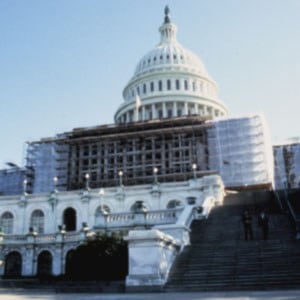
The United States Capitol Building
From the archives - 1988
We're honored to have been part of the biggest exterior restoration of the United States Capitol Building, the nation’s premiere symbol of democracy.
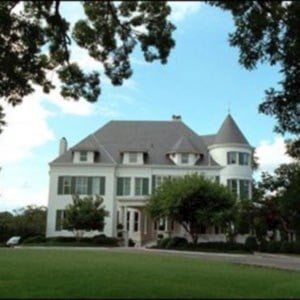
Admiral’s House
From the archives - 1984
An exterior restoration of the Admiral’s House, former home of the Chiefs of Naval Operations in Washington, D.C., and official residence of the Vice President of the United State since 1974.
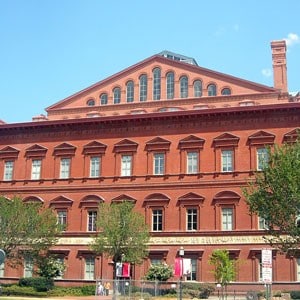
National Building Museum
From the archives - 1985
Nestled among Washington D.C.’s imposing government structures, the Pension Building had been ignored for years. Dirty and covered with carbon, its red brick exterior was imposing.
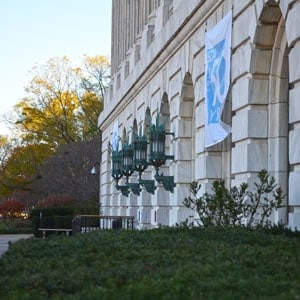
The US Department of Agriculture
From the archives - 1990
The U.S. Department of Agriculture (USDA) underwent an exterior masonry restoration project of its headquarters.
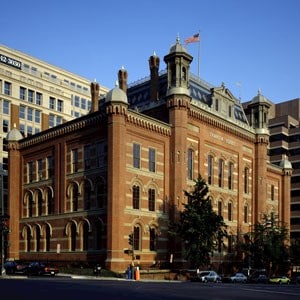
Benjamin Franklin School
From the archives - 1993
The Golden Age of Public Education is attributed to Washington, D.C.’s Benjamin Franklin School, which the children of Presidents Andrew Johnson and Chester Arthur attended.
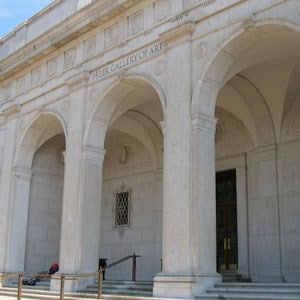
Smithsonian’s Freer Gallery of Art
From the archives - 1994
The Freer Gallery of Art in Washington, D.C., the first Smithsonian Institution art museum, is known for its preservation of Asian and American art. In 1988, the gallery geared up for a 5-year, $26-million renovation.
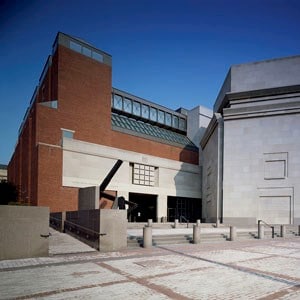
U.S. Holocaust Museum
From the archives - 1996
The building is constructed primarily of limestone and granite. It sits in the shadow of the Washington Monument between the Bureau of Printing and Engraving and the Auditor’s Building.
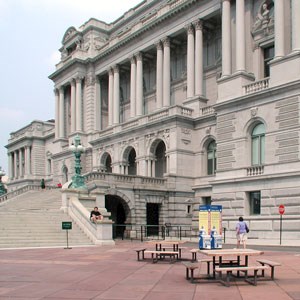
U.S. Library of Congress
From the archives - 1998
It was called “America’s most beautiful public building” when it first opened. Now, 100 years later, the U.S. Library of Congress Thomas Jefferson Building has been restored to live up to its original acclaim.
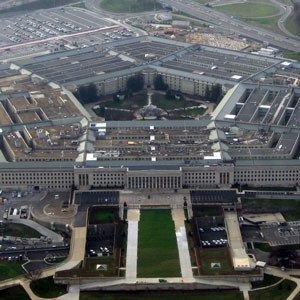
The Pentagon
From the archives - 2002
On the morning of Sept. 11, 2001, Haywood Miller's crew was finishing work on the limestone exterior of Wedge One - the Pentagon's southwest-facing corner.
Then the unimaginable happened. At 9:38 a.m., Flight 757, hijacked and carrying 64 people and 10,000 gallons of fuel, slammed into the west side of the wedge. Along with the passengers, crew and hijackers, 125 people in the Pentagon died. Hundreds more were injured.